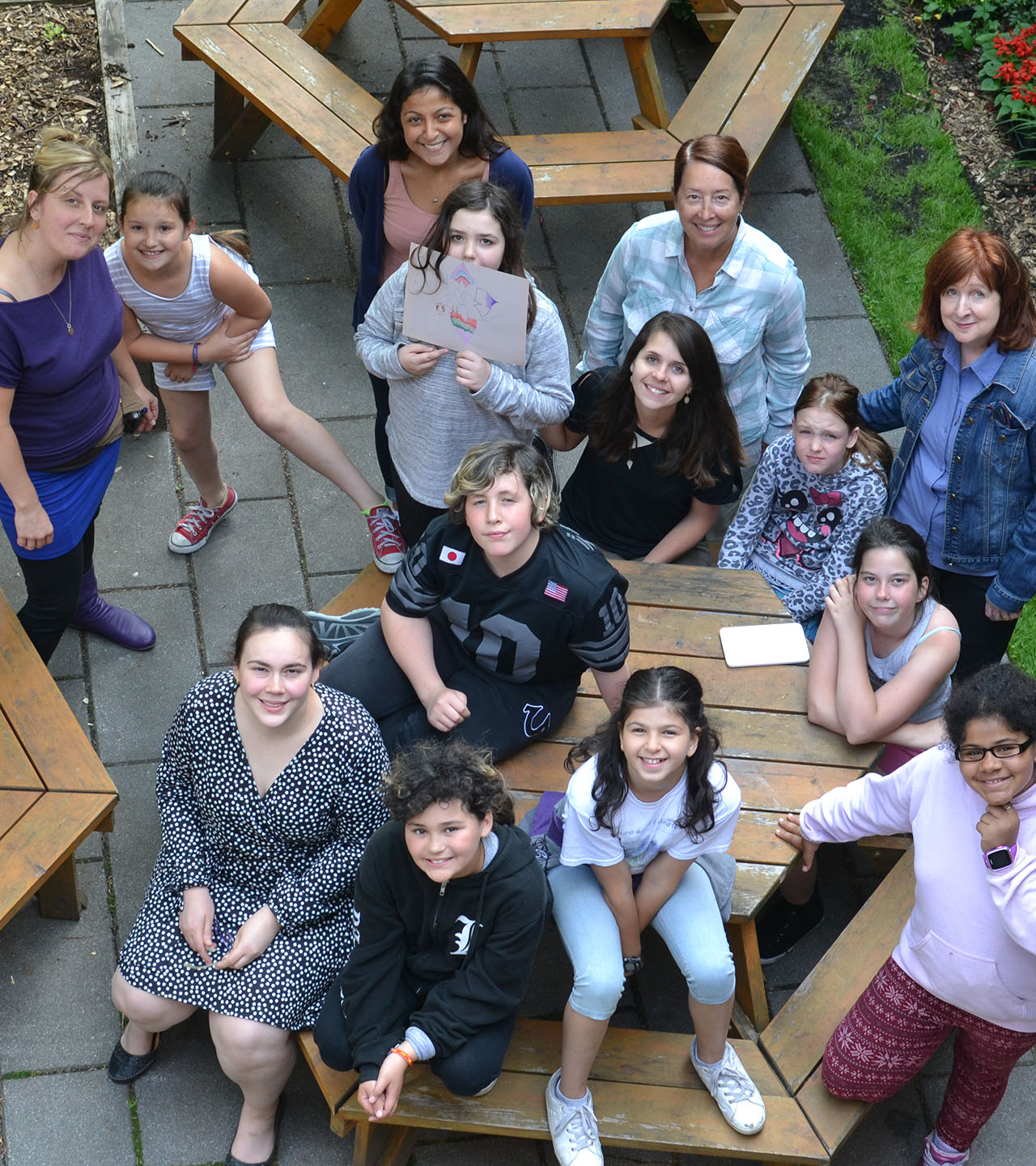Children: People of today
In community social pediatrics, the child is at the centre of the approach because, as Janusz Korczak put it in the 1920s, children are not the people of tomorrow; they are people of today. In order to improve children’s health and quality of life, it goes without saying that we must build communities with them that are stronger, fairer, more supportive and more respectful. We must therefore empower children, adults and the stakeholders around them based on the Convention on the Rights of the Child. This enables children to be the primary agents of change in their lives and in their communities.

